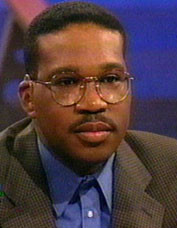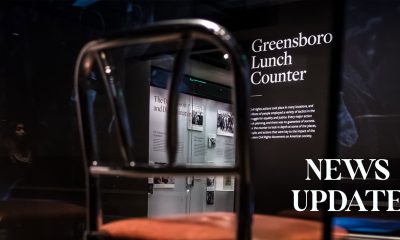Op-Ed
Selma: White Savior Not Required
By Walter L Fields
NNPA Columnist
The fierce and aligned, if not coordinated, campaign to smear the motion picture “Selma” by suggesting it inaccurately portrays the role of President Lyndon Johnson in the fight for Blacks’ civil rights is par for the course. Critics of the movie that focuses on the campaign for voting rights in Selma, Ala. suggest that Johnson was a champion for civil rights and is principally responsible for securing voting rights for African-Americans.
At best that point of view is a misunderstanding, and at worst, and what I firmly believe, it is a deliberate attempt to create a false narrative to diminish the principal and central role of Blacks in advocating for their own freedom.
It is ironic, and sad, that the first full-length theater released movie chronicling the leadership of Dr. Martin Luther King Jr. is being trashed in an attempt to exalt a White president. The criticism of “Selma” betrays the truth and common sense. Lyndon Johnson was a southerner; a Texas politician firmly entrenched as a Dixiecrat. His selection as John F. Kennedy’s vice presidential running mate was a political calculation to secure southern votes and resulted in an uneasy alliance between the Texan and the young Bostonian. The tragic assassination of JFK thrust Johnson into the Oval Office and placed upon the Texan the late president’s agenda.
Lyndon Johnson was no civil rights champion. He was a pragmatic politician who was smart enough to read the moment and self-absorbed enough to recognize history would judge his legacy based upon a historical movement for Blacks’ rights.
Common sense makes plain that in the turbulent 1960s, no occupant of the White House, the seat of world power and White domination, saw their role as a liberator of the descendants of enslaved Africans. The rights of Blacks were not central to the maintenance of power for a president though it became a necessary consideration for the preservation of order.
What also challenges the Johnson-as-savior narrative is the truth. As president, he walked gingerly in taking on southern governors who were using their powers to oppress African-Americans and deny them their constitutional rights. He reluctantly used his power to protect Blacks who were being subjected to violence in the south. Johnson ‘negotiated’ civil rights, and used his considerable skill as a legislator, to win in the margins. And even while proving successful in moving civil rights legislation LBJ co-existed with FBI director J. Edgar Hoover, who was leading a campaign to suppress and eliminate Black leadership.
Lyndon Johnson should be credited for a few things. He courageously appointed two African-Americans to positions of authority in the federal hierarchy, historical appointments that were impactful in their significance. Former NAACP legal counsel Thurgood Marshall was named to the United States Supreme Court and the brilliant economist Robert Weaver was made the first Black to serve on a presidential cabinet when Johnson made him secretary of the newly-created Department of Housing and Urban Development (HUD). And there were other appointments in the federal bureaucracy that changed the hue of national government administration. Still, these appointments did not fundamentally alter the citizenship status of African-Americans in our nation.
While I admire LBJ’s tenacity, the campaign to canonize him as a civil rights saint is far-fetched. The simple question is “If King, Roy Wilkins, Clarence Mitchell, Jr., SNCC and others had not existed, would Lyndon Johnson pro-actively advance a civil rights agenda?” The truthful answer is, no. Johnson felt the pull of a powerful social movement and understood that change, even if not desired or convenient, was upon the nation and inevitable his presidency. It was the leadership and advocacy of Blacks that created the space for Johnson to exercise presidential authority in the face of southern opposition.
Perhaps what galls me most with the latest effort to bestow white knighthood on a White male for racial sensitivity is it comes upon the heels of protests against police brutality. If we do not speak forcefully against the misappropriation of history, we will witness a similar false accounting about our present circumstances decades from now. The campaign to make LBJ the epicenter of the civil rights struggle is like making the Warren Court the heroes of school desegregation and not the plaintiffs in Brown v. Board of Education. It also occurs as Hollywood churns out another motion picture anointing White benevolence toward a Black child, a seeming theme in ‘Tinseltown’ that suggests Black people are incapable of self-determination and success without the aid of Whites. It is the worst characteristic of White liberalism and perhaps the reason why it has taken until 2015, nearly 47 years after King’s death, for a major motion picture to center on the Nobel Prize winner and human rights icon.
We are not in need of White saviors. We could use some willing White partners who recognize and acknowledge the brilliance of Black leadership and understand that their empathy and emotional investment in our plight can never approximate the struggle, sacrifice and commitment of Blacks to our own liberation.
Walter L Fields is executive editor of NorthStarNews.com.
###
Activism
Oakland Post Endorses Barbara Lee
Barbara Lee will be able to unify the city around Oakland’s critical budget and financial issues, since she will walk into the mayor’s office with the support of a super majority of seven city council members — enabling her to achieve much-needed consensus on moving Oakland into a successful future.
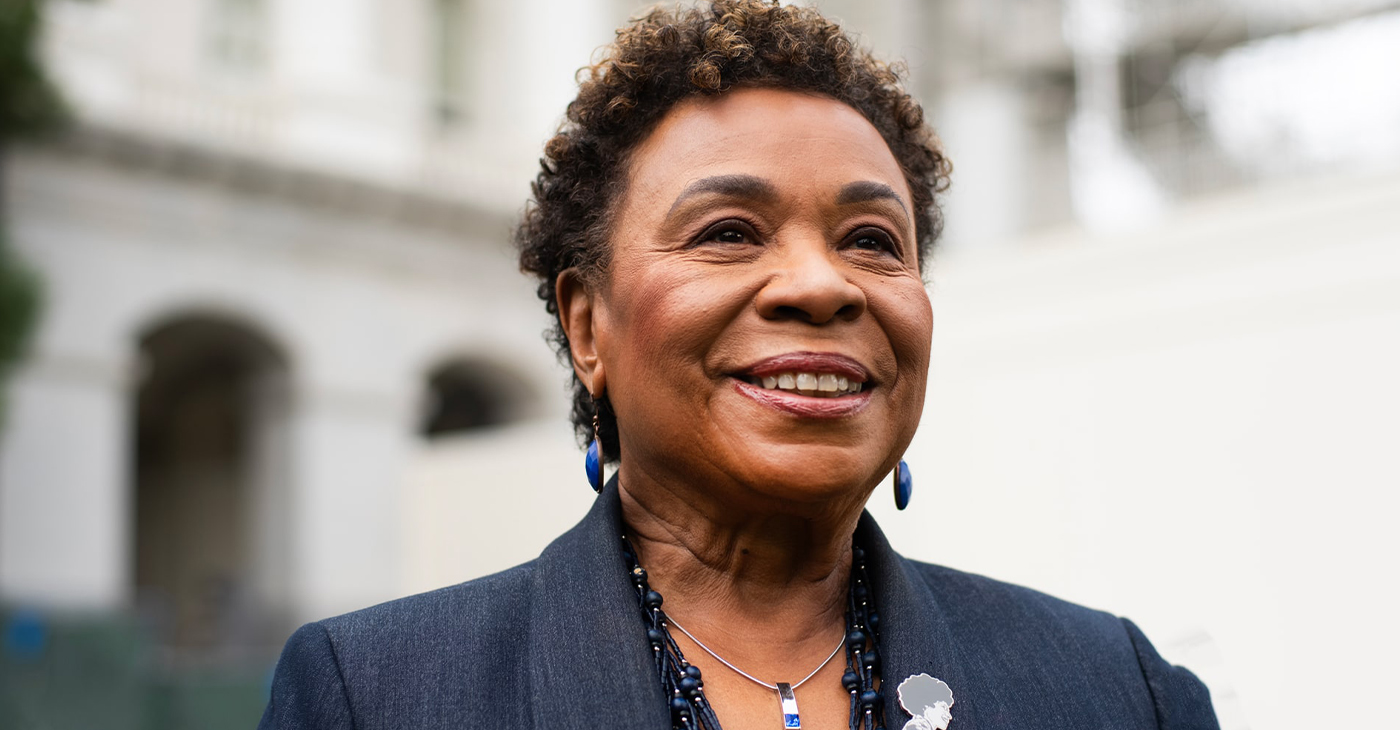
As we end the celebration of Women’s History Month in Oakland, we endorse Barbara Lee, a woman of demonstrated historical significance. In our opinion, she has the best chance of uniting the city and achieving our needs for affordable housing, public safety, and fiscal accountability.
As a former small business owner, Barbara Lee understands how to apply tools needed to revitalize Oakland’s downtown, uptown, and neighborhood businesses.
Barbara Lee will be able to unify the city around Oakland’s critical budget and financial issues, since she will walk into the mayor’s office with the support of a super majority of seven city council members — enabling her to achieve much-needed consensus on moving Oakland into a successful future.
It is notable that many of those who fought politically on both sides of the recent recall election battles have now laid down their weapons and become brothers and sisters in support of Barbara Lee. The Oakland Post is pleased to join them.
Activism
Actor, Philanthropist Blair Underwood Visits Bay Area, Kicks Off Literacy Program in ‘New Oakland’ Initiative
These community activations were coordinated with the San Francisco-based non-profit program “Room to Read.” Ray said he is also donating his time to read and take pictures with students to encourage their engagement and to inspire them to read more. The inspirational book “Clifford Ray Saves the Day” highlights Clifford Ray’s true story of saving a dolphin.
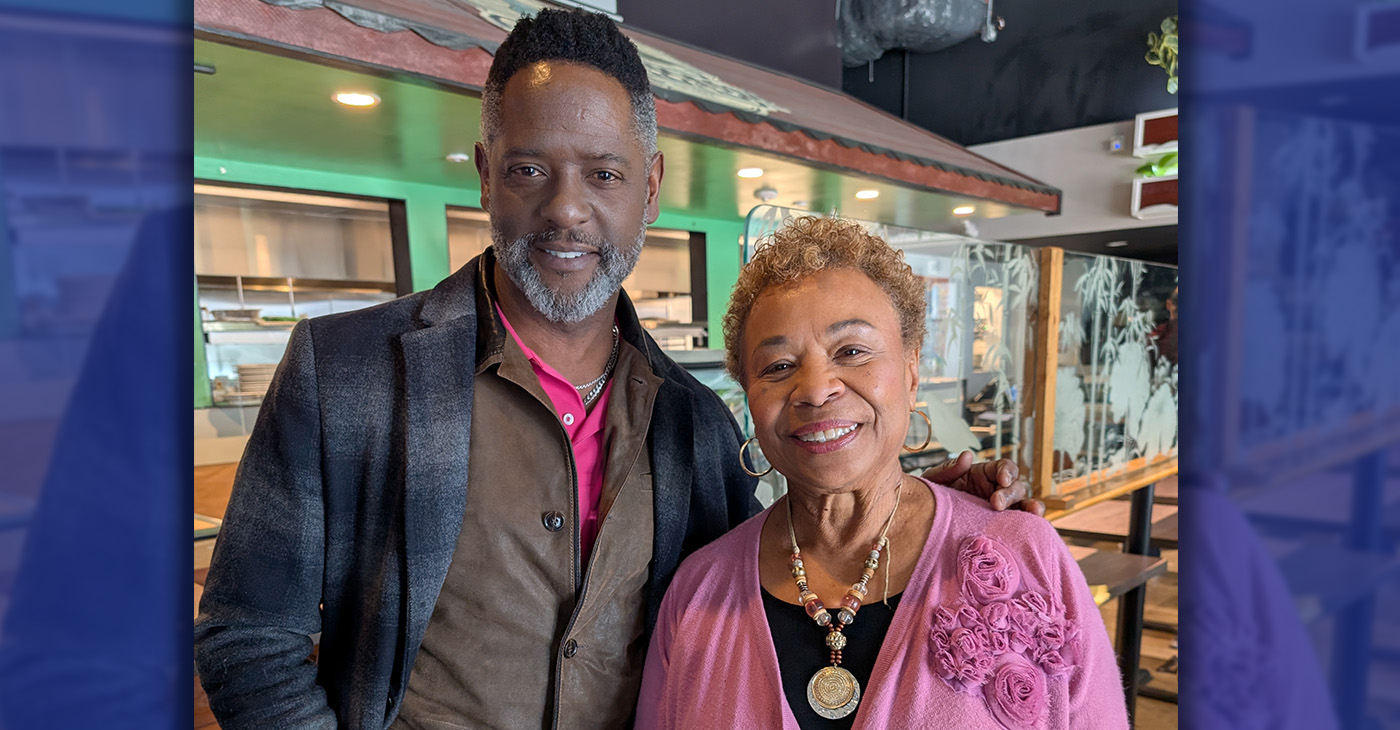
By Paul Cobb
New Oakland Series
Opinion Part 3
The Post mentioned three weeks ago that a number of our local luminaries were coming together to support the “New Oakland” movement. As this current national administration continues to eliminate our “legacy” institutional policies and programs left and right, most communities find themselves beyond “frozen” in fear.
Well, esteemed actor, long-time Bay Area supporter, and philanthropist Blair Underwood returned to Oakland this week to speak with city leaders, community trust agents, students, the Oakland Post, and local celebrities alike to continue his “New Oakland” initiative.
This week, he kicked off his “Guess Who’s Coming to Read” literacy program in some of Oakland’s middle schools. Clifford Ray, who played the center position of the 1975 World Champion Golden State Warriors, donated close to 1,000 books. Ray’s fellow teammate Charles “The Hopper” Dudley also gave Converse sneakers to students.
These community activations were coordinated with the San Francisco-based non-profit program “Room to Read.” Ray said he is also donating his time to read and take pictures with students to encourage their engagement and to inspire them to read more. The inspirational book “Clifford Ray Saves the Day” highlights Clifford Ray’s true story of saving a dolphin.
Underwood also spent quality time with the Oakland Ballers ownership group and visited the amazing Raimondi Park West Oakland community revitalization site. In the 1996 TV film Soul of the Game, Underwood played the role of the legendary first Black Major League Baseball player Jackie Robinson and commended the Ballers owners.
“This group of sports enthusiasts/ philanthropists needs to be applauded for their human capital investment and their financial capital investment,” Underwood said. “Truly putting their money and passion to work,” Underwood said.
Underwood was also inspired by mayoral candidate Barbara Lee’s open-minded invitation to bring public-private partnership opportunities to Oakland.
Underwood said he wants to “reinforce the importance of ‘collaborative activism’ among those most marginalized by non-empathic leadership. We must ‘act out’ our discomfort with passionate intentions to create healthy change.”
Activism
Councilmembers Ramachandran, Kaplan, Unger Identify Funds to Save Oakland Fire Stations
Our budget crisis – one of the worst in Oakland’s history – is compounded by the fact that people do not feel safe coming to Oakland due to our public safety crisis. By investing in our fundamental public safety resources today, we can send a signal to the world that Oakland is open for business. We have such a rich and vibrant culture, arts, and food scene that is worth celebrating – but we can only showcase this if we are able to keep our neighborhoods safe. Having fully functioning fire stations are absolutely essential to these efforts.
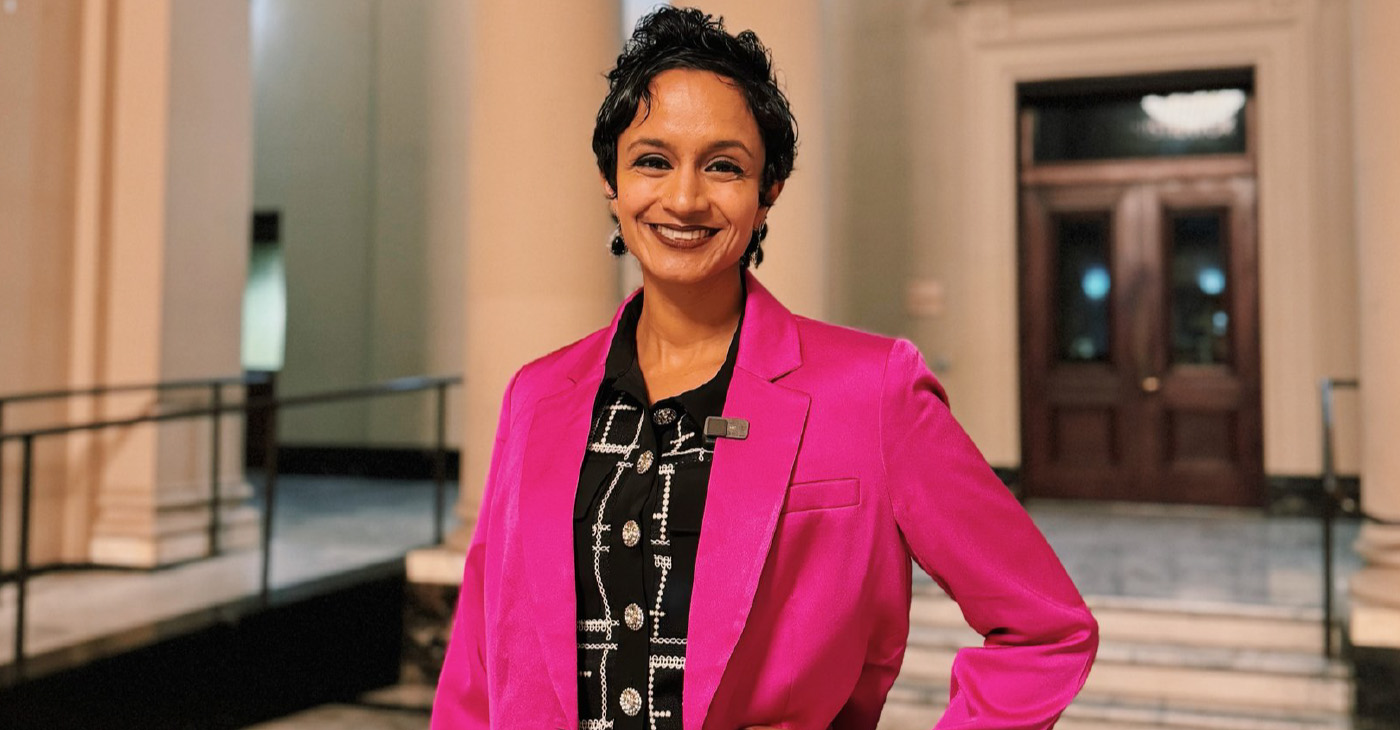
By Janani Ramachandran
There is no greater concern to the people of Oakland today than public safety. Fire stations are the bread and butter of essential city services – and every day that we have stations shuttered, we imperil the lives of our community members. In response to widespread outcry over the current and planned closure of stations, myself, along with Councilmembers Kaplan and Unger, have painstakingly worked to identify millions of dollars of new funding to save our stations. The legislation we introduced on Thursday, February 13th, will amend our budget to prevent the closure of four fire stations that are currently on the chopping block due to our budget crisis and will re-open two closed stations that have already been closed – Station 25 and 28 – in the near future. The resolution that will provide the funding to keep our stations open will go before the full City Council for a vote at our meeting on Tuesday, March 4th at 3:30 PM – and we invite you to join us at City Hall to share your perspective on the topic.
Our budget crisis – one of the worst in Oakland’s history – is compounded by the fact that people do not feel safe coming to Oakland due to our public safety crisis. By investing in our fundamental public safety resources today, we can send a signal to the world that Oakland is open for business. We have such a rich and vibrant culture, arts, and food scene that is worth celebrating – but we can only showcase this if we are able to keep our neighborhoods safe. Having fully functioning fire stations are absolutely essential to these efforts.
With the devastating Los Angeles fire at the top of people’s minds, terrible memories of Oakland’s own wildfires are re-surfacing from the 1991 Oakland Hills Firestorm to the Keller fire just a few months ago – and how essential fire stations are to mitigating these catastrophes. But in Oakland, our fire stations don’t just fight wildfires – they also provide emergency medical services to our most vulnerable constituents, put out structural fires and encampment fires, and much more.
We recognize that there are a number of competing interests and important initiatives fighting for sparse City resources. But from my perspective, core safety services are the most pivotal functions that a City must spend its resources on – especially given the outcry we have heard around fire stations.
The fight to save our stations is not over. The resolution we introduced is a critical first step, and there are hurdles to overcome. If you support keeping our fire stations open, we invite you to be a part of the solution by making your voice heard at the March 4th City Council meeting at 3:30 pm.
-

 Activism3 weeks ago
Activism3 weeks agoAI Is Reshaping Black Healthcare: Promise, Peril, and the Push for Improved Results in California
-

 Activism4 weeks ago
Activism4 weeks agoOakland Post: Week of April 16 – 22, 2025
-

 Activism3 weeks ago
Activism3 weeks agoNewsom Fights Back as AmeriCorps Shutdown Threatens Vital Services in Black Communities
-

 Activism3 weeks ago
Activism3 weeks agoBarbara Lee Accepts Victory With “Responsibility, Humility and Love”
-

 Activism3 weeks ago
Activism3 weeks agoESSAY: Technology and Medicine, a Primary Care Point of View
-

 Activism3 weeks ago
Activism3 weeks agoFaces Around the Bay: Author Karen Lewis Took the ‘Detour to Straight Street’
-

 Activism3 weeks ago
Activism3 weeks agoTeachers’ Union Thanks Supt. Johnson-Trammell for Service to Schools and Community
-

 Alameda County3 weeks ago
Alameda County3 weeks agoOUSD Supt. Chief Kyla Johnson-Trammell to Step Down on July 1

